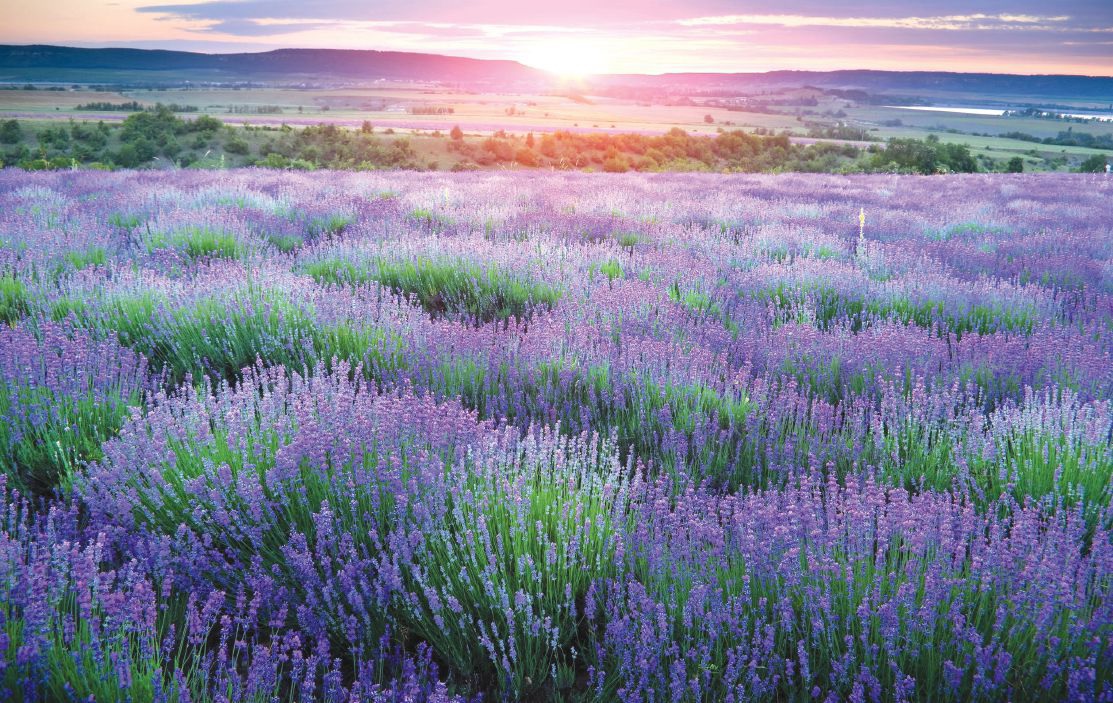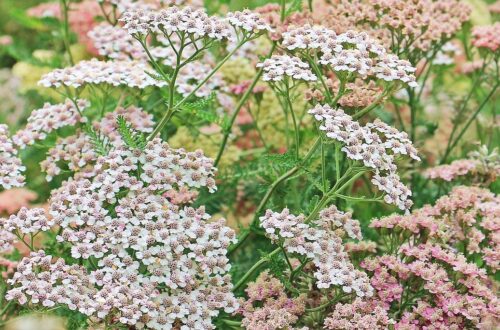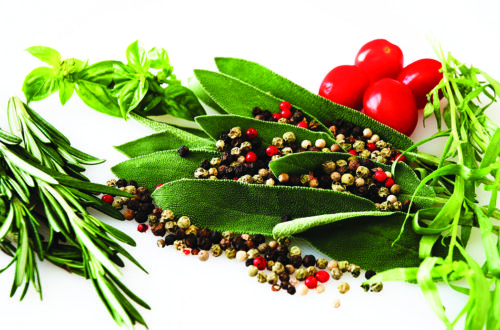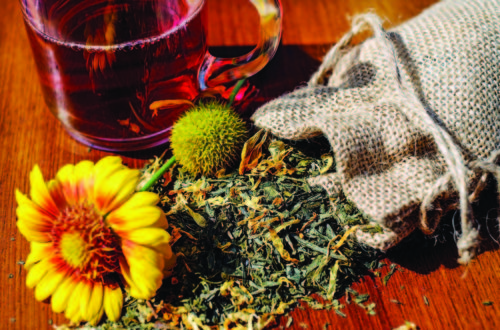Herbs are becoming more and more a part of our everyday lifestyle. We think of them as a means to flavor food, avoid salt and commercial processing, or provide a relaxing aroma in our home. Many use diffusers in their homes to distribute the scent of herbs into the air for their benefit. Unfortunately, those herbs are often in the form of essential oils. We’d like to provide inspiration to use alternatives to essential oil and think of it as a way to invest in keeping the earth a more livable, greener place.
In the past decade, essential oils have become very popular. Essential oils are created by plants often to protect the plant, keep it pest and disease free, and attract pollinators. People extract the oils from plants to get those same benefits – antifungal, anti-microbial, and attractive scent. We get the essential oils out of plants in two main ways: distillation (usually with steam and the most common method) and expression (pressing the plant, most common for citrus). Herbs are often used to make essential oils. The same properties that make herbs useful in teas, tinctures, salves, and cooking are found in essential oils made from those herbs in a very concentrated form.
A lot of plant material is required to distill the herbs down to the concentrated oils. For example, to make a half-ounce of lavender oil (the usual retail bottle size) requires almost 4 large lavender bushes. While a half-ounce bottle of rose essential oil requires 42 pounds of rose petals. With the popularity of essential oils growing rapidly, quite a few acres of land must be tended, plants watered and harvested, then distilled. This is a big investment in land, water, time, and money for such a small bottle of oil.

Here are some suggestions for other things to do that do not require essential oils but provide similar results.
Many fresh or dried herbs will give any room a fresh aroma and perhaps add a relaxing quality. Bowls of potpourri, fresh sprigs of herbs hung as decoration, or bouquets on your table often not only give off fragrance but help to ward off unwelcome bug pests.
Herbal teas are a great way to de-stress and slow down, or even as a pick-me-up. Herbal teas can also be therapeutic, perhaps helping to relieve a sore throat. A Many herbs can be applied directly to the skin. At the same time, it is recommended that due to their high concentration, essential oils should not be used directly on the skin. This high concentration can be a concern in other areas, such as around children and pets.
Remember how many herbs it took to get that half-once concentration? Typically a person isn’t going to put 42 pounds of roses on their skin.
There is a rose product that can be used on the skin – rose hydrosol. Hydrosols are a byproduct of the essential oil manufacturing process and share many of the same properties as essential oils. The main difference is that hydrosols are mostly water and are often referred to as floral waters. Hydrosols make great body splashes, facial toners, and linen and room sprays. They can also be used as a substitute for water in any DIY body care recipes such as creams, perfumes, and make-up or applied directly to the skin. In addition, they can be used in diffusers in place of essential oils or even to flavor drinks.
We encourage everyone to use herbs in all sorts of ways in their everyday lives – just use the real thing rather than an oil. For more inspiration on using herbs, here are a couple of our favorite books:
• The Complete Herb Book – Maggie Stuckey
• The Herb Bible – Peter McHoy and Pamela Westland

Erin Harwood & Eloyce O’Connor
Erin Harwood & Eloyce O’Connor are co-owners of Garden Delights Herb Farm in Brush Prairie, WA, where they grow a variety of herbs for culinary, medicinal, pet, home, and garden use. They also offer classes. For more info: www.gardendelightsfarm.com






